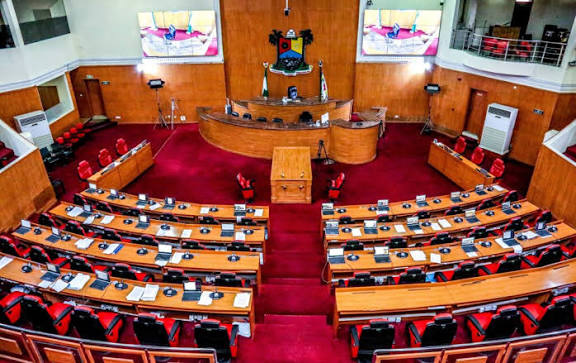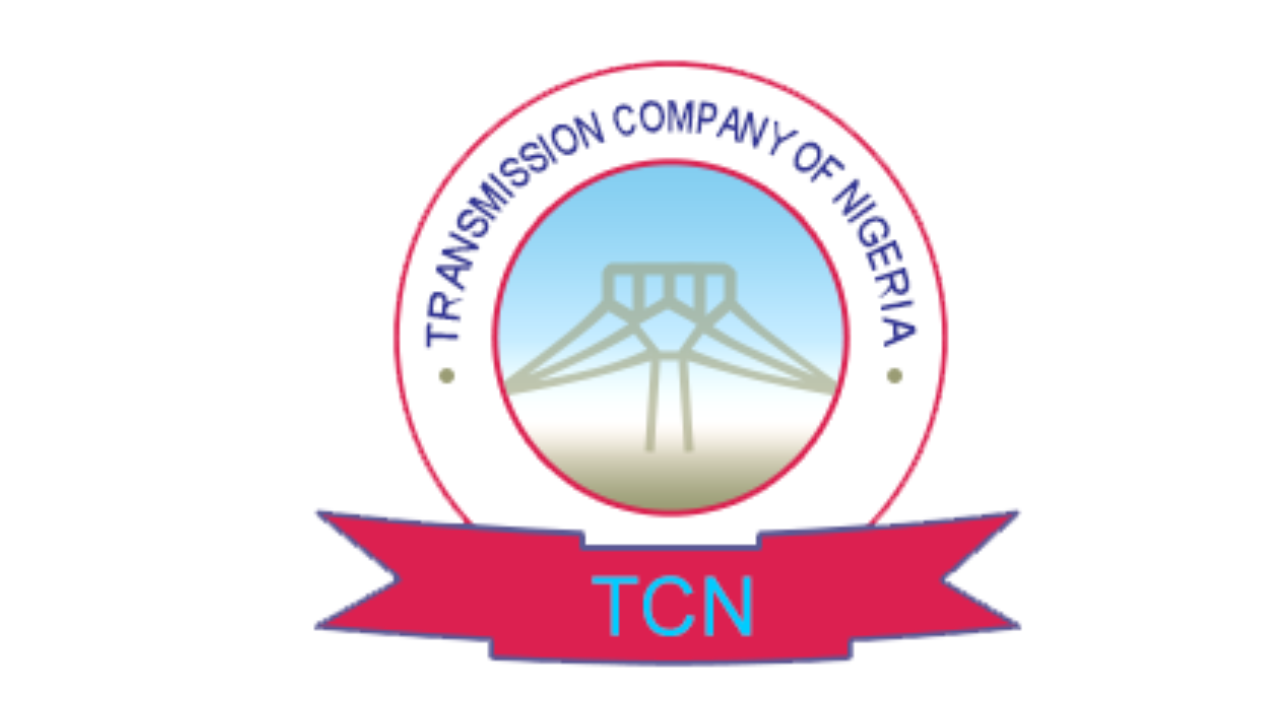The Miyetti Allah Cattle Breeders Association of Nigeria said on Sunday that the livestock industry brings in approximately $1.2 billion for Nigeria each year through the export of hides and skins.
MACBAN, is an advocacy group centred on promoting the welfare of pastoralists in Nigeria.
According to MACBAN, the nation’s cattle industry is presently worth over N33 trillion, and with the anticipated new investments, it is expected to increase to over N75 trillion in the coming years.
This was disclosed by the President of the association, Othman Ngelzarma while addressing pressmen in Abuja on Sunday, according to The Punch.
The association’s President praised the establishment of a new Ministry of Livestock Development and denied rumours that the project was an effort to forcibly seize land from other people to relocate pastoralists.
President Bola Tinubu gave his approval for the establishment of a new Ministry of Livestock Development on July 9, 2024. Additionally, he established the committee to implement the livestock reform of Renewed Hope.
The committee’s task was to address the long-standing farmers-herders conflict with sector-specific remedies.
In his address on Sunday, Ngelzarma said, “We welcome the creation of this very important ministry that contributes 10 per cent of Gross Domestic Product to Nigeria’s non-oil sector and 30 per cent of agricultural GDP. We salute the President for creating a ministry for an industry that employs over 20 million Nigerians.”
Commenting on the income generation of the sector, the MACBAN president said, “For instance, the Sokoto red skin goat leather is the most valuable and expensive in the world, the Gucci and Armani bags are a good testament to this.
“Nigeria earns about $1.2bn annually for the export of hides and skin. It is projected that Nigeria will earn more than ten times what it earns now in foreign exchange.”
Similar to the recently established blue economy, he said that a revamped livestock production system would save Nigeria from having to import billions of dollars worth of livestock goods and powdered milk.
“The country will also be positioned to earn billions of dollars in the export of leather, beef, and other livestock-related value chain products.
“As it is today, it is a sector that employs Nigerians cutting across tribes and religions, some as butchers, transporters, tax collectors, dairy/beef producers, etc. After all, when we talk of livestock, it goes beyond cows. We are talking of pigs, goats, sheep, fish, donkeys, camels, etc,” Ngelzarma stated.
However, MACBAN expressed dissatisfaction about remarks made by some individuals in many interviews with the media, implying that the livestock ministry is a Fulani initiative and that it is also an attempt to forcibly acquire land from other people to relocate pastoralists.
“We all marvel at the sight of modern dairy farms in other climes and we have abundant natural resources to be like the developed world if only both government and the private sector can come together to invest in the needed infrastructure and delivery of essential services in education, healthcare, veterinary services, extension services, access to information and training to provide needed skills and capacity to transform from traditional to a modern livestock production system.
“Nigeria must learn from global best practices. Countries like Brazil, Australia, and New Zealand have successfully leveraged dedicated agricultural and livestock ministries to transform their economies. We must learn from them and tailor it to suit our unique context ensuring sustainable growth and development,” the MACBAN president noted.











